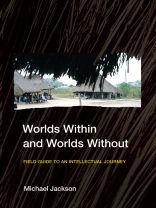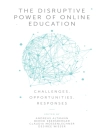Anthropologist Michael Jackson predicates his intellectual autobiography, Worlds Within and Worlds Without , on the view that works and lives are intimately entangled. Through a skillful interweaving of personal and ethnographic descriptions, he focuses on the imaginative and practical ways human beings negotiate the space between worlds they call their own and worlds they regard as lying beyond their immediate purview.
Whether the worlds that elude our empirical grasp are identified with divinities or the dead, ether or earth, history or myth, the Internet, or the nation state, we experience them ambivalently, as potential sources of wellbeing and as possible threats to our very existence. Closing ourselves off from the world is not an option, for our humanity depends on the ties that bind us to significant others, and others to us. As Jackson shows, the relationship between the familiar and the foreign is not only an existential issue that all human beings address in one way or another. It is a methodological issue for anthropologists concerned with the complementarity of individual and collective perspectivesethnos and anthropos, the intrapsychic and the intersubjective.
关于作者
Michael Jackson is Senior Research Fellow in World Religions at Harvard Divinity School. He has published more than forty books of poetry, fiction, ethnography and memoir, including Paths Toward a Clearing; At Home in the World; Coincidences; and The Genealogical Imagination.












